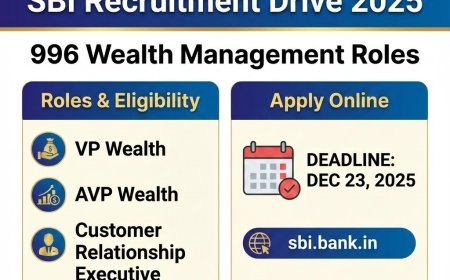IC S01 - Exam Principles And Practice Of Insurance And Survey And Loss Assessment-68
IC S01 - Exam Principles And Practice Of Insurance And Survey And Loss Assessment-68
Access More Mock Tests Now
Q 1. What liability does the insurer still bear even if directions are issued by the Controller regarding claim settlement?
a) The insurer is absolved of all liability
b) The insurer is only liable for criminal offenses
c) The insurer is not liable for any civil offenses
d) The insurer remains fully liable for any civil or criminal offenses
e) The insurer is only liable for civil offenses
Q 2. Which of the following scenarios illustrates a discrepancy between the policy details and the actual loss?
a) The insured failed to submit the claim within the policy period.
b) The insured's business location changed after policy issuance.
c) The insured upgraded their machinery beyond the policy coverage.
d) The insured experienced a loss beyond the policy limits.
e) The insured's claim involved items not covered by the policy description.
Q 3. What does "partial loss" mean in marine insurance?
a) Complete loss of the insured item
b) Delivery of goods in damaged condition
c) Loss below a certain threshold
d) Delivery of goods without any damage
e) Loss due to specific perils only
Q 4. Under what circumstances might a surveyor be asked to submit a preliminary survey report directly to the insurer?
a) After receiving feedback on the estimated liability from the insurer
b) Before the surveyor begins their assessment
c) Upon completion of the final survey report
d) At the request of the insured party
e) When there are disputes between the insurer and the insured
Q 5. What is the purpose of the Sales Day Book?
a) To record goods bought on credit
b) To record sales on credit
c) To record cash sales
d) To record purchase invoices
e) To record sales discounts
Q 6. Which classification of insurance covers losses resulting from interruptions to business operations?
a) Insurance of property
b) Insurance of profits
c) Insurance of liability
d) Insurance of person
e) Insurance of vehicles
Q 7. How is the provisional premium determined in transit insurance?
a) It is fixed based on the estimated transit time
b) It is calculated based on the insured value of the goods
c) It is charged on the estimated amount in transit and adjusted later
d) It is determined by the insured's declaration of transit details
e) It is set as a percentage of the total policy sum
Q 8. Under the Transit Clause of the I.C.C., when does the cover terminate?
a) Upon the departure of goods from the warehouse
b) Upon the arrival of goods at the final port of discharge
c) Upon delivery to any intermediate warehouse used by the insured
d) Upon expiry of 90 days after discharge from the vessel
e) Upon completion of customs clearance at the destination port
Q 9. What legal standard must answers on insurance proposal forms meet?
a) They must be suggested by the insurer
b) They must be interpreted liberally
c) They must be strictly and true
d) They must be verified by a third party
e) They must be endorsed by the policyholder's attorney
Q 10. How are pure risks distinguished from dynamic risks?
a) Pure risks are avoidable, while dynamic risks are unavoidable.
b) Pure risks are caused by changes in the economy, while dynamic risks are caused by human behavior.
c) Pure risks result in losses independently of dynamic risks, while dynamic risks occur due to changes in the economy.
d) Pure risks are predictable, while dynamic risks are unpredictable.
e) Pure risks occur due to negligence or dishonesty, while dynamic risks occur due to natural events.
Q 11. What happens if the insured deliberately withholds material information during a risk inspection?
a) The insured is penalized for any non-disclosure
b) The duty of utmost good faith is breached
c) The insurer is liable for any misrepresentation
d) The insured is exempt from disclosing any information
e) The risk inspection is considered invalid
Q 12. What is the measure of indemnity for loss or damage to insured property in fire insurance?
a) Replacement cost at the time of loss
b) Value of the property at the time of policy issuance
c) Intrinsic value of the property at the time and place of loss
d) Market value at the time of policy issuance
e) Value of the property at the time of policy renewal
Q 13. What principle does the legal doctrine of proximate cause rely on?
a) Principle of time efficiency
b) Principle of cause and effect
c) Principle of financial compensation
d) Principle of risk mitigation
e) Principle of loss minimization
Q 14. What constitutes a particular average loss according to the Marine Insurance Act?
a) Any loss other than a total loss caused by a peril insured against.
b) Any loss incurred during a general average event.
c) Any loss that destroys the subject matter insured.
d) Any loss caused by a peril not insured against.
e) Any loss incurred during salvage operations.
Q 15. What is a recommended measure for storing oil to minimize fire hazards?
a) Store oil in above-ground steel tanks located at least 5 meters away from other properties.
b) Install oil storage tanks indoors without any additional precautions.
c) Store oil in underground tanks to prevent fire hazards.
d) Place oil storage tanks adjacent to an external wall at any level.
e) Surround the oil storage area with wooden fences.
Access More Mock Tests Now



